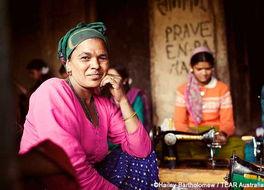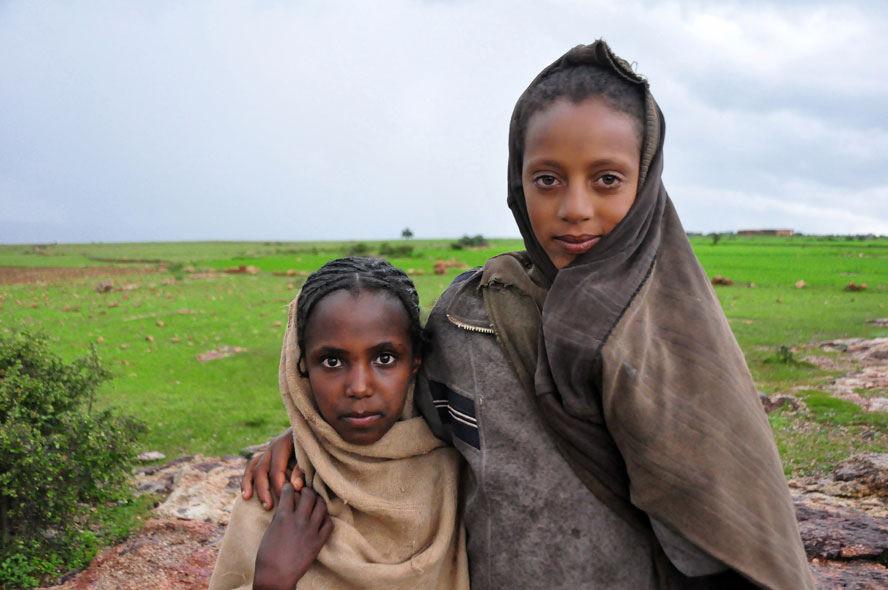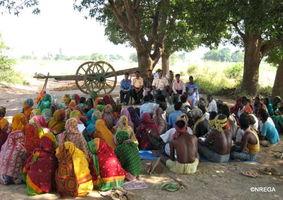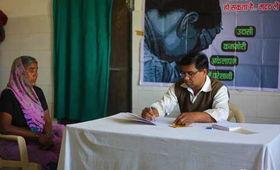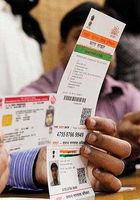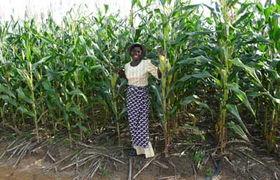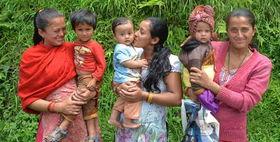Seminars
Our seminars provide a platform for researchers, policymakers and programme managers to share lessons learned from evaluations and reviews in a wide-variety of sectors.
We organise monthly seminars in Delhi to promote public discussions on the production and use of high-quality evidence for informing decision-making. We also organise the monthly 3ie-LIDC seminar series ‘What works in international development,’ in London
Upcoming events
There are no upcoming events.
